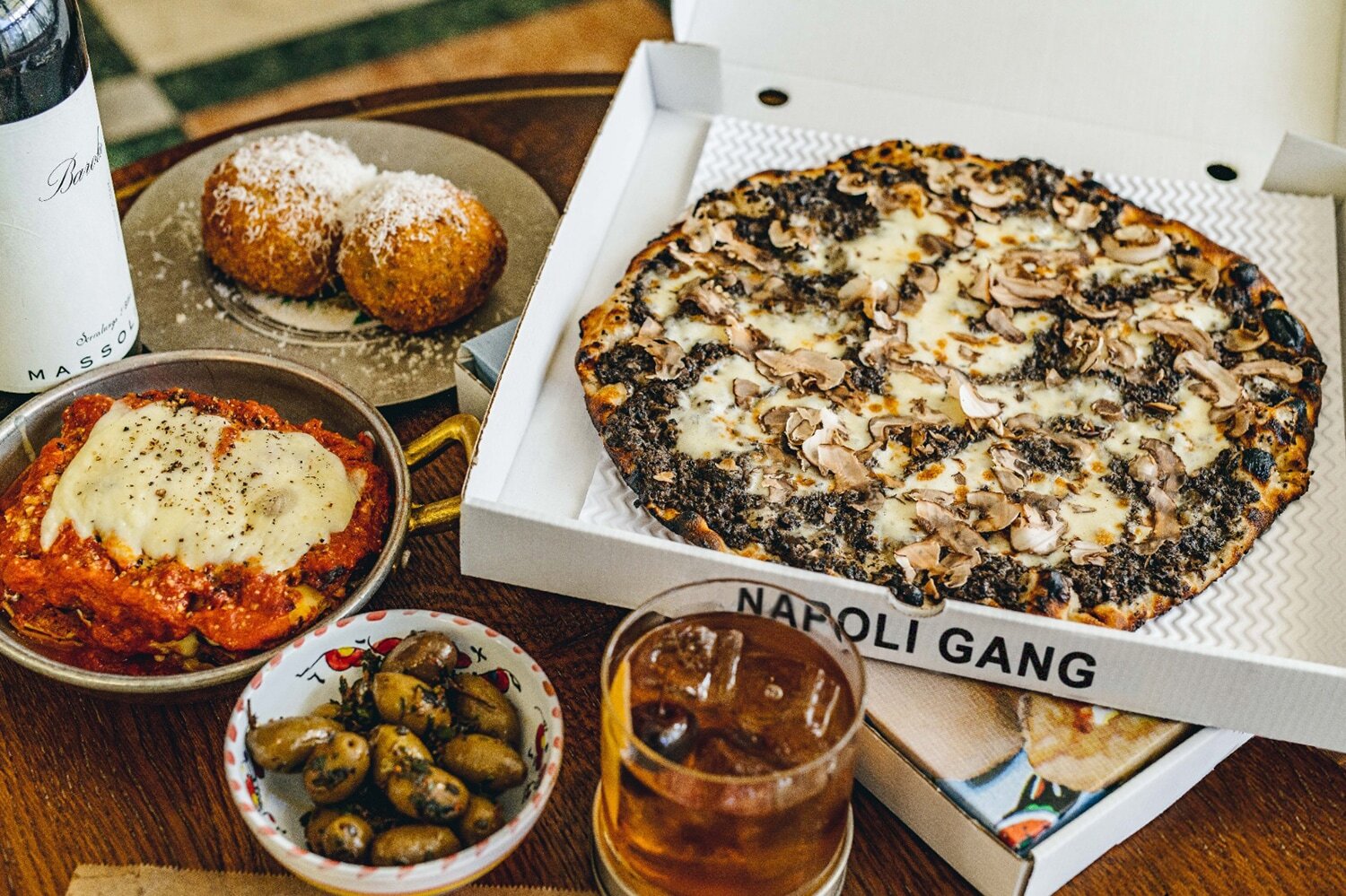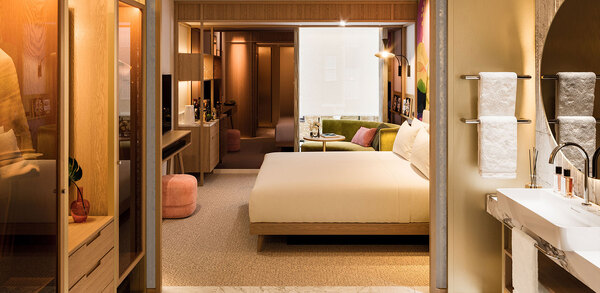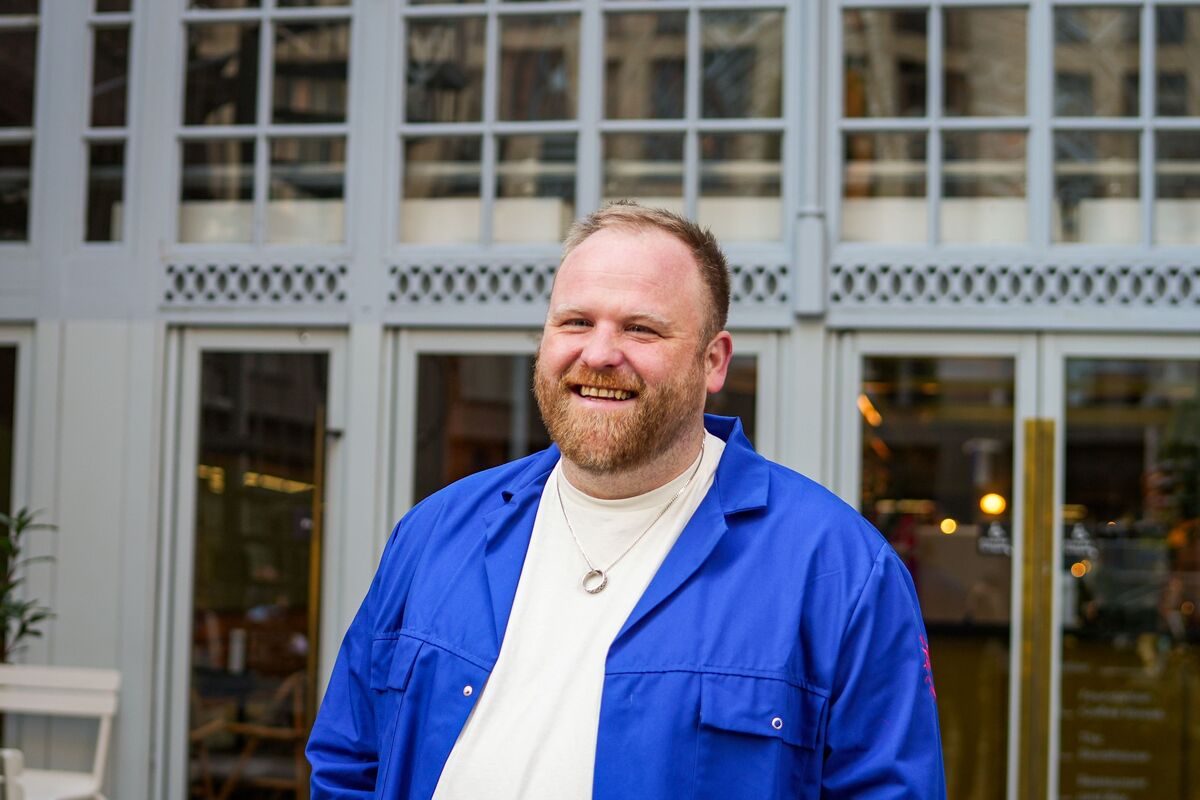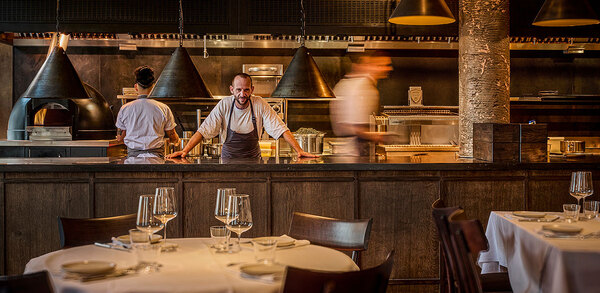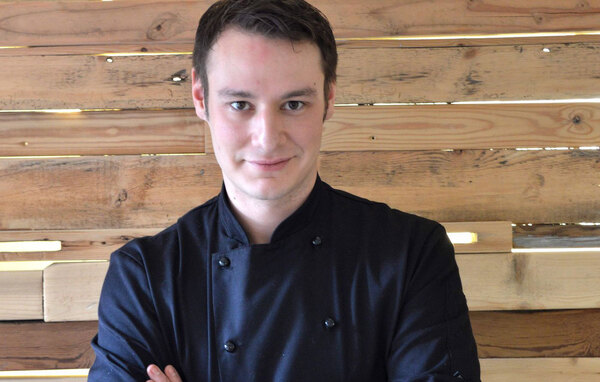Shot in the dark: how restaurants are using dark kitchens to send their offering nationwide
Coronavirus has forced chefs to embrace delivery, and a host of dark kitchens are popping up to support them. Glynn Davis investigates how the industry has seen the light by going over to the dark side.
There is some debate about whether the most suitable name is dark, ghost, virtual or neighbourhood kitchens, but nobody is in any doubt about them having become a major feature of the hospitality landscape.
Jyotin Sethi, co-founder and chief executive of JKS Restaurants, was a very early convert to dark kitchens. He was approached by Deliveroo in June 2016 to join its pioneering RooBox project, which became Editions Kitchens. “We had a chat with them and we said ‘we’re up for it’,” says Sethi. “The model of low financial risk worked for us – it involved no capex.”

JKS developed a totally new brand, Motu – aimed at a different market segment, with a new menu and a new team – that was very much separate from its restaurant portfolio. The dishes were easily transportable and the menu featured classic takeaway cuisine. It is now available from six Deliveroo Editions kitchens.
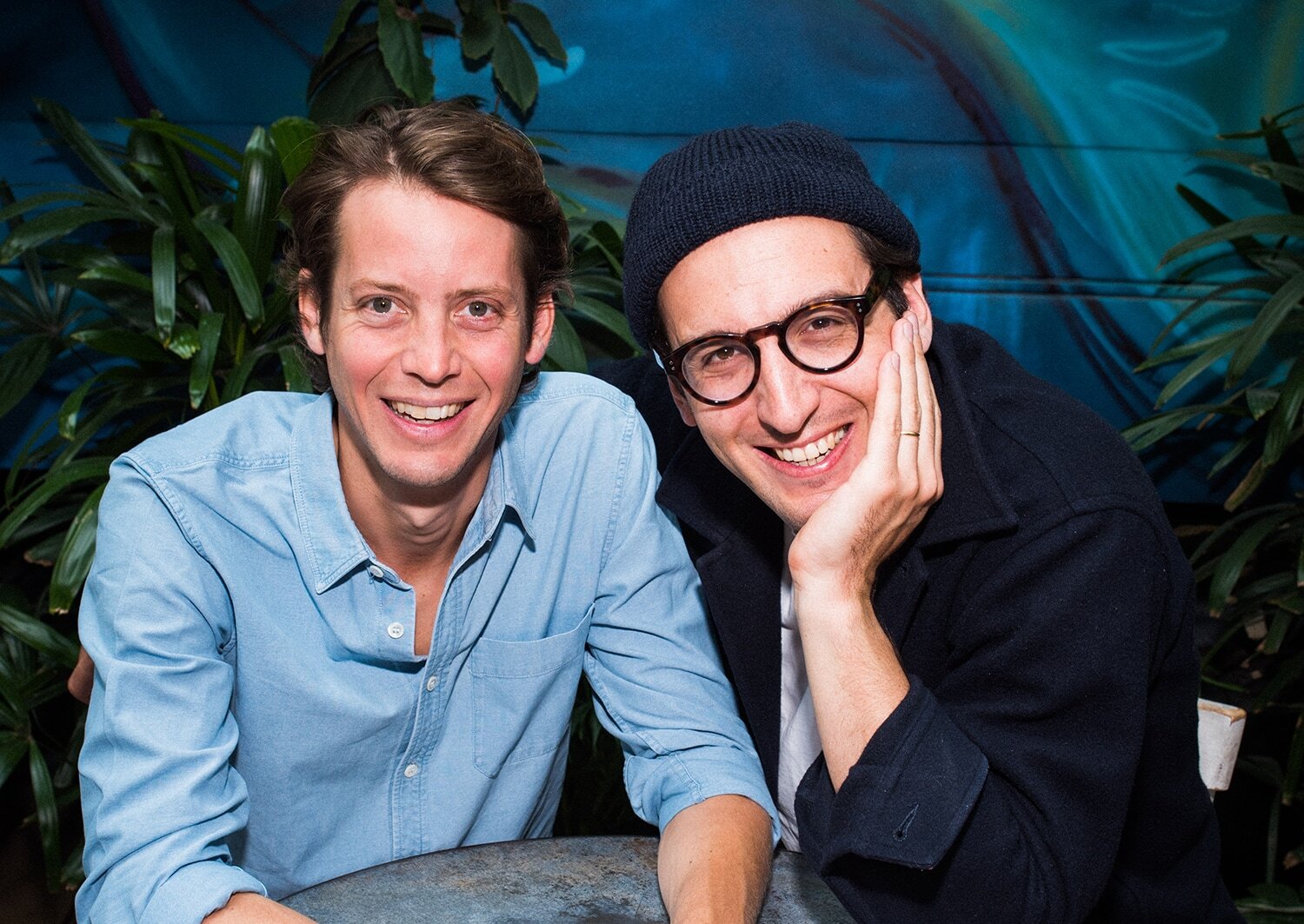
Victor Lugger, co-founder of Big Mamma Group, also recognised the value in a delivery-only brand: “Our first ambition with Big Mamma was about bringing the best Italian products from artisanal, family-run suppliers to Paris, London and Madrid. When the restaurants closed because of Covid-19, we looked into delivery and thought, why should that change? Our key goal with launching Napoli Gang was to ‘de-industrialise’ the pizza industry. We thought we can do cheap and fast, but we can do it with a higher quality and a homemade product.”
Moveable feast
Pizza is a sensible choice, according to Josh Banfield, growth and partnerships manager at Karma Kitchen, which provides dark kitchens in two locations. He says: “Classic menus – pizza, burgers, and chips – work best. Anything else is tougher. New products are [frequently] tested, but it comes back to standards. Introducing a new cuisine is hard and there is often scepticism about how it travels.”
Demand for space at Karma Kitchen has put it on the expansion trail and up to six more sites are planned for this year. It has a model encompassing private kitchen spaces for larger brands alongside a couple of anchor tenants, as well as a shared kitchen space for up to 16 start-ups. The ideal tenant mix is 50% delivery-only production and 50% corporate catering and retail, but Covid-19 has skewed this to 80% delivery. Banfield is hopeful it will return to the former “healthy mix”. Napoli Gang, Blacklock, Al Dente and Honest Burgers are among the brands with kitchens at its Wood Green location.
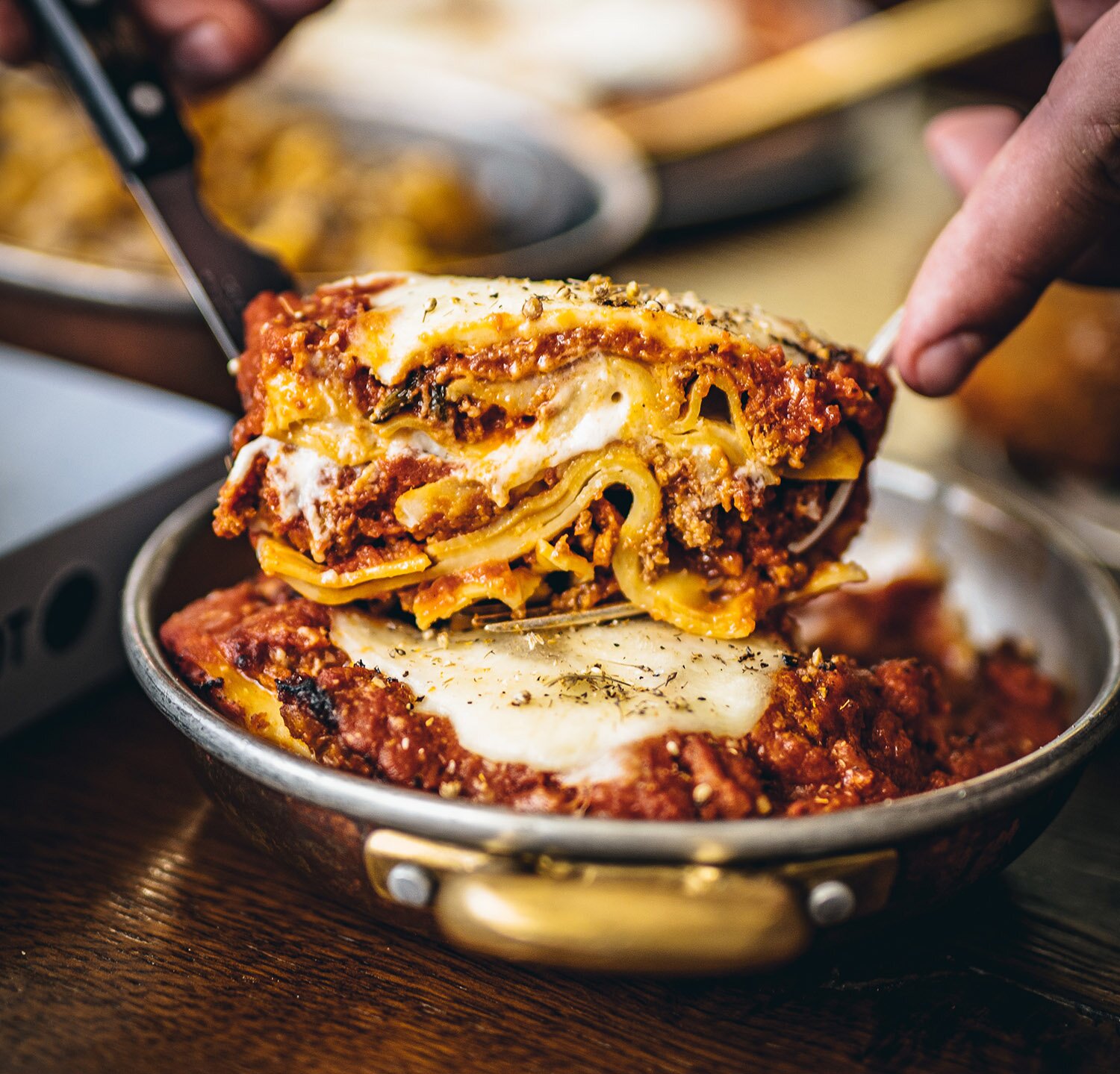
Lugger recommends chefs and restaurateurs maximise the value from the space they rent by using a bigger kitchen as a hub for recipe development and storage. Artisan burger brand Nanny Bill’s uses its dark kitchen as a central production unit for the brand’s four units during the morning and then as a delivery-only operation in the evening.
Homeward bound
For Gordon Ker, founder of Blacklock, the kitchens enable him to expand delivery without impacting the experience in his physical restaurants – when they are open, of course – with a menu optimised for travel.
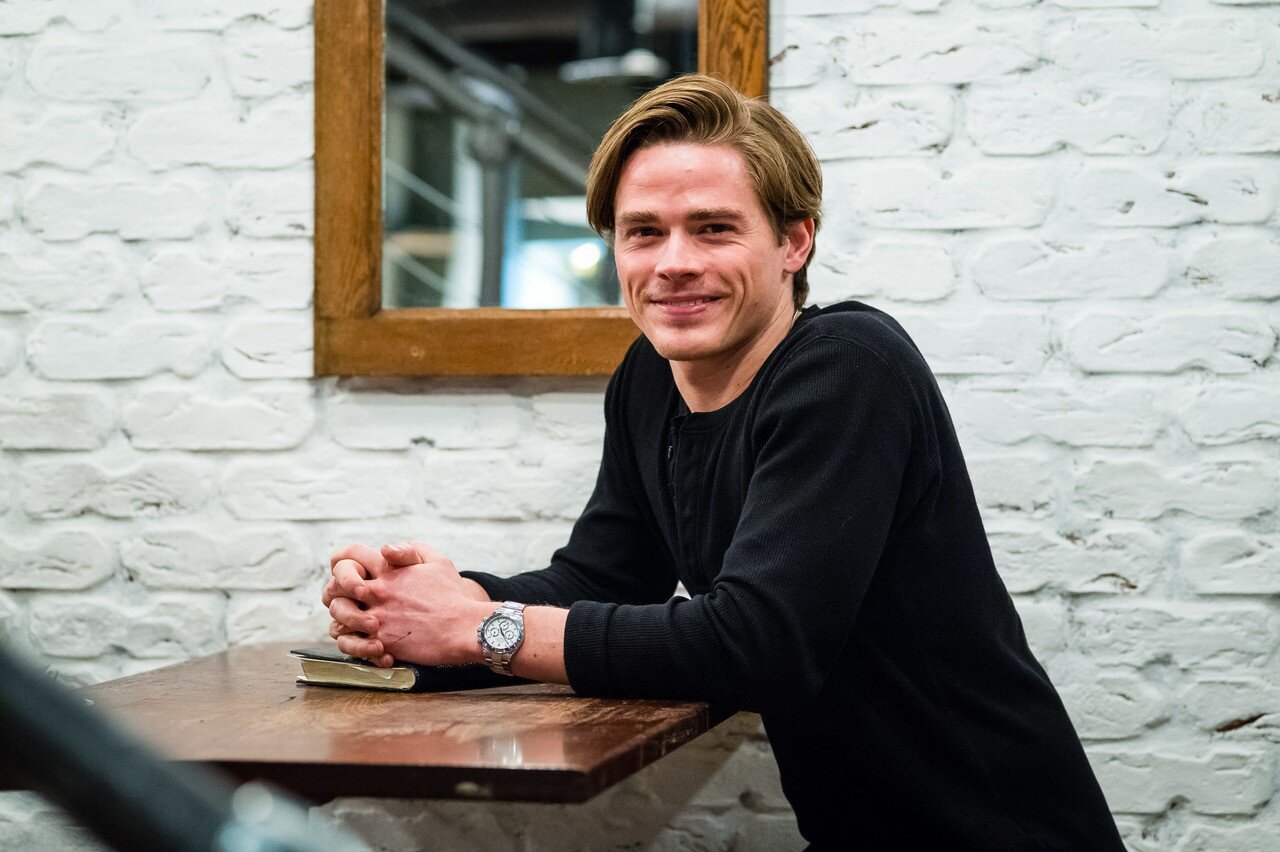
“We want to keep the restaurants and delivery distinct and each very special in their own right. It has also meant we can branch out to more residential locations. We’re able to reach people in new areas that we otherwise couldn’t, with a new offering tailored to the home that is very distinct from the restaurants. It’s the sort of comforting food wanted on delivery,” he says.
We’re able to reach people in new areas that we otherwise couldn’t, with a new offering tailored to the home
To help overcome the problems with transportation, Lugger says Napoli Gang incentivises delivery drivers: “We put a lot of care and attention into our offering, and you have to have faith in the driver to deliver it appropriately. To remedy this, we pay all drivers an additional 1% of the turnover of our orders.”
Dark kitchens have also enabled Neat Burger to grow its footprint, according to Stasi Nychas, co-founder of the plant-based burger concept, who says: “We always planned to have dark kitchens, but maybe not with as big a role as they now have. The strategy is to continue with opening both [restaurants and dark kitchens]. We now cover most of London, so we’ll look to expand this year into the regions. There are certain places in cities you can put a bricks and mortar store, but dark kitchens are the best way to test the water.”
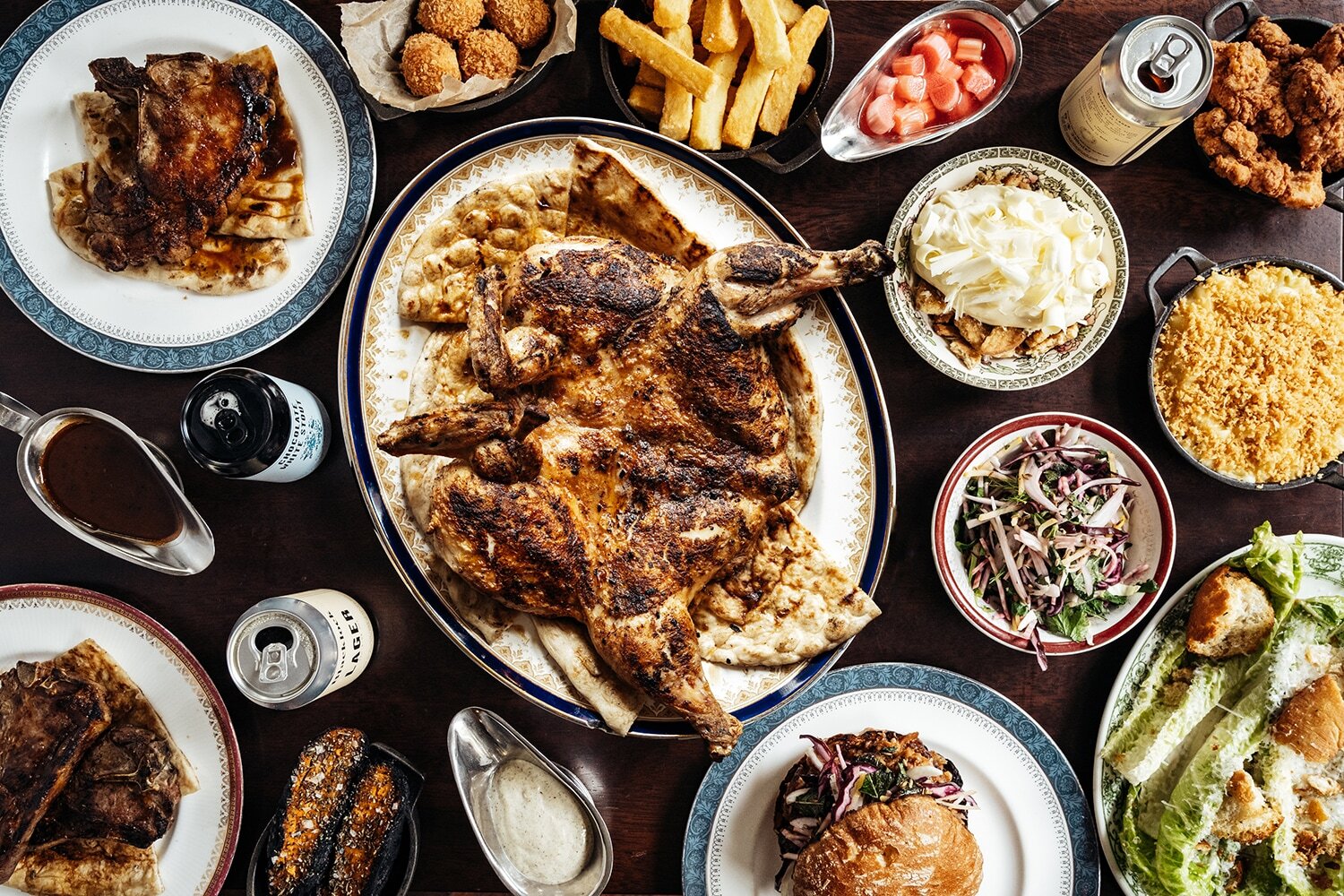
Changing landscapes
The success of Motu has led Sethi to state that it is now the most scalable part of JKS – helped by its delivery-only model, of course. He believes the ability to roll out brands through virtual kitchens for delivery-only has changed the established model. Instead of having 50-60 physical restaurants, the new model involves having some anchor sites alongside delivery, retail and other revenue-generating facets.
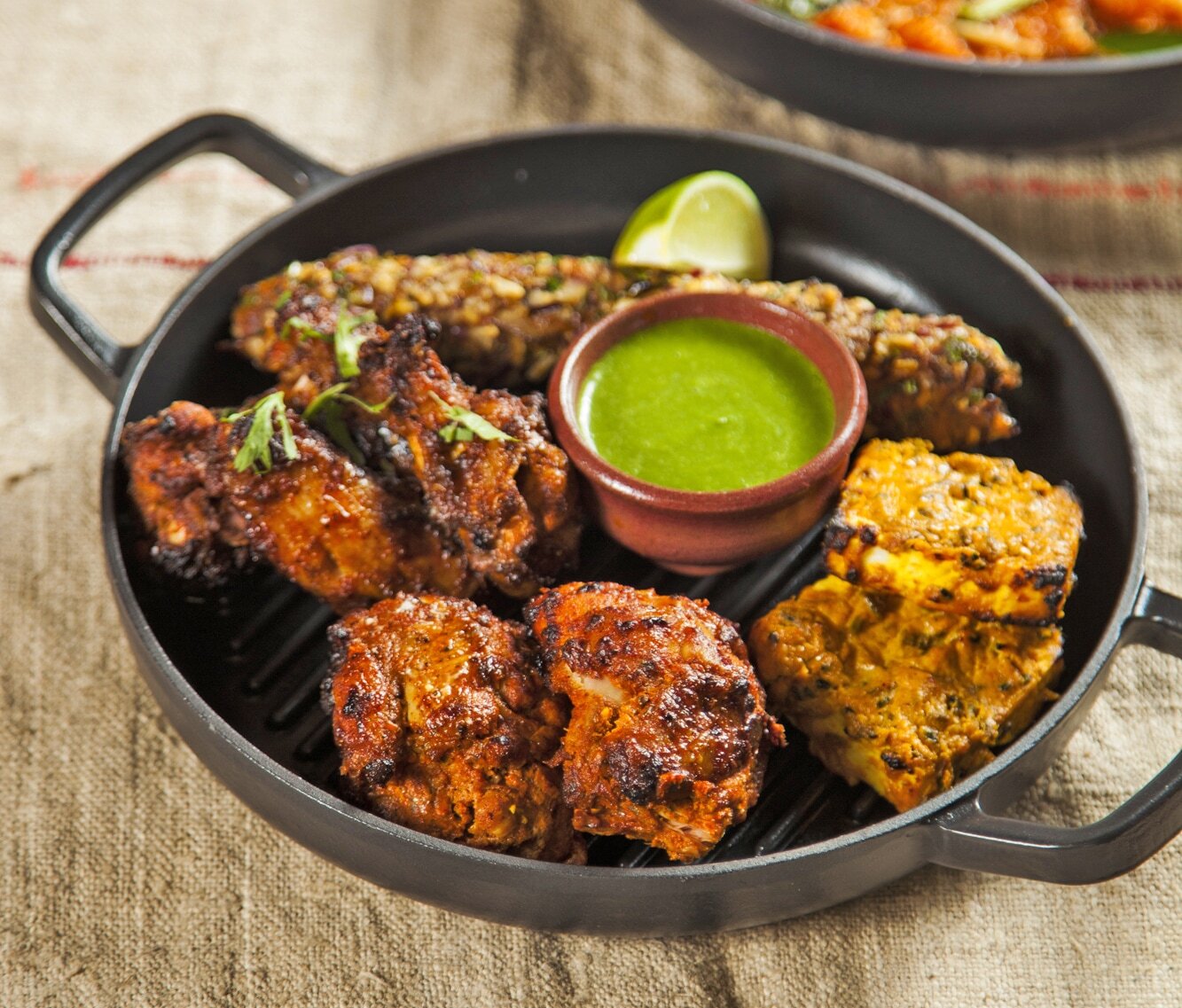
He is also not wedded to exclusively operating delivery-only brands from virtual kitchens, as evidenced by JKS now considering expanding its Hoppers brand through such venues. “If it travels well and the meal is the same quality as in the restaurants, then we’ll look to use the [virtual kitchens] model for our existing brands,” says Sethi.
Neat Burger is also pushing ahead with further dark kitchen usage, with plans to launch an additional seven restaurant sites across London, with a further 20 dark kitchens offering delivery-only. Until now Neat Burger has used Deliveroo Editions kitchens but it recently signed a partnership with US-based Reef Technology, which has just inked a deal with property firm Capital & Regional to open dark kitchens in the UK modelled on the 200 NBRHD Kitchens it operates globally.
An initial location is very close to Karma Kitchen in north London and not too far from an Editions outpost, which highlights how competition is heating up. This comes at a time when brands like Blacklock are thinking more holistically about what they want from their kitchen providers.
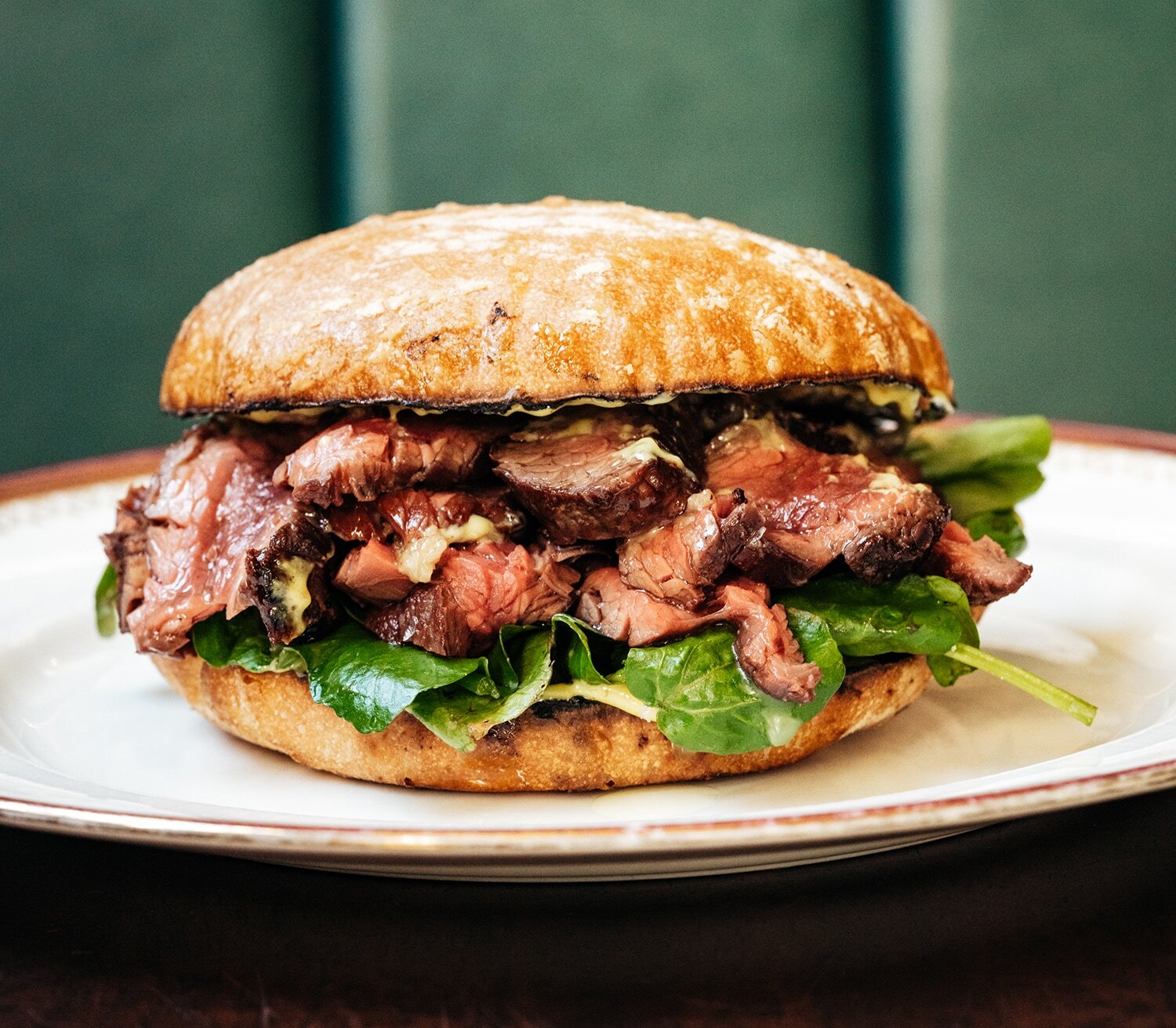
“There are some delivery kitchens that are isolated, with no windows and no atmosphere. We’re working with similar-minded kitchen providers who value the experience of our people first and foremost, and have created enjoyable, fun spaces to work in,” explains Ker.
Banfield says Karma Kitchen has worked hard on this part of its proposition. As well as creating light, airy spaces it has also incorporated a social area for break times and prefers to call itself a ‘community space’. These things will undoubtedly become more important when there is the inevitable ‘shake-out’ in virtual delivery-only brands – and by extension dark kitchens – as demand reduces on the back of restaurants reopening.
Sethi does not intend to be among the failures and is looking to expand his virtual kitchen partnerships. He is is in talks with CloudKitchens (owner of FoodStars), Reef and Karma Kitchen, where one of the considerations involves gaining a stronger relationship with the customer.
He says: “Deliveroo owns the customer and the data, but it would be better if we did and the strategy is how to own the customer more. We’ve been reliant on Deliveroo to place-make the [virtual kitchen] segment, but with others the relationship could be different.”



